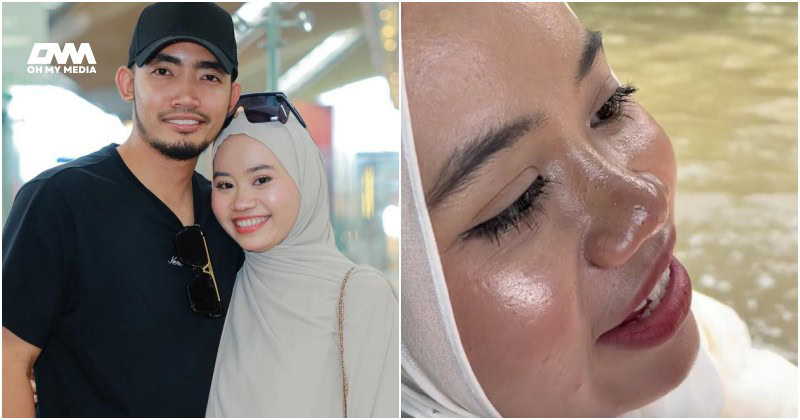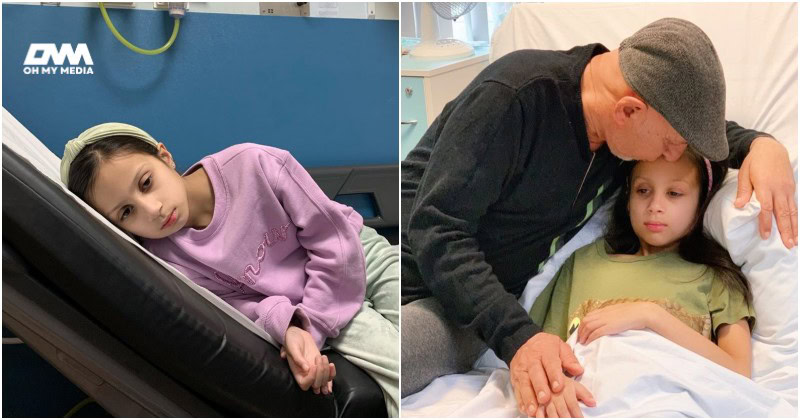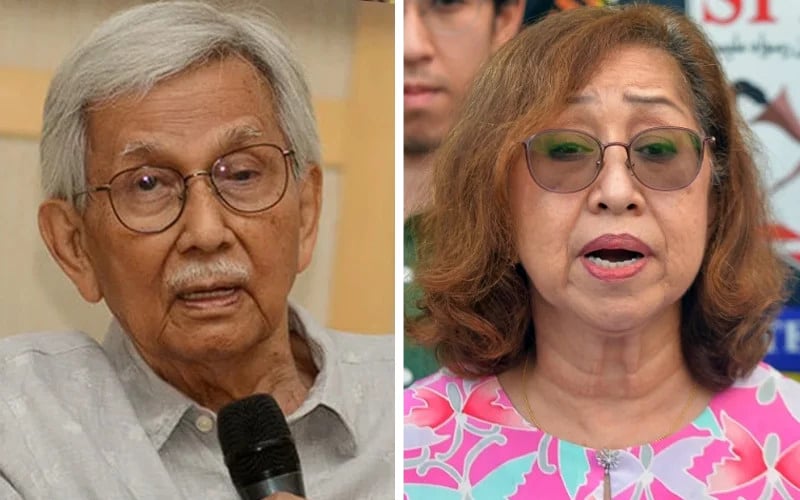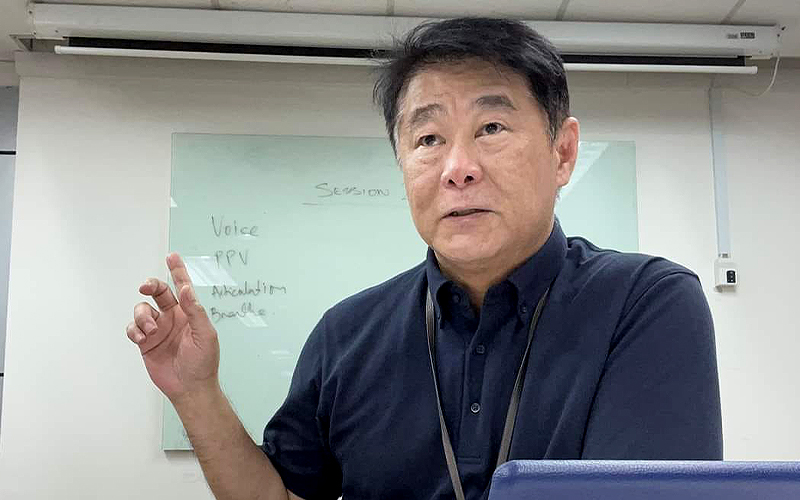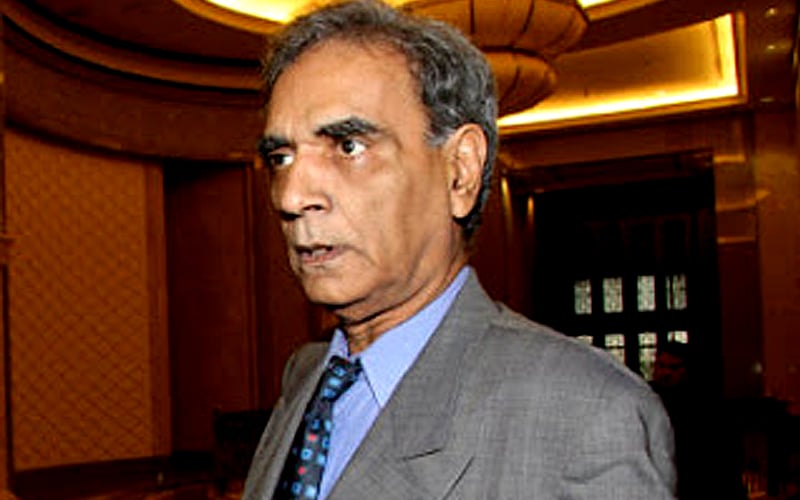Adopt a friend: writer’s unusual route to family
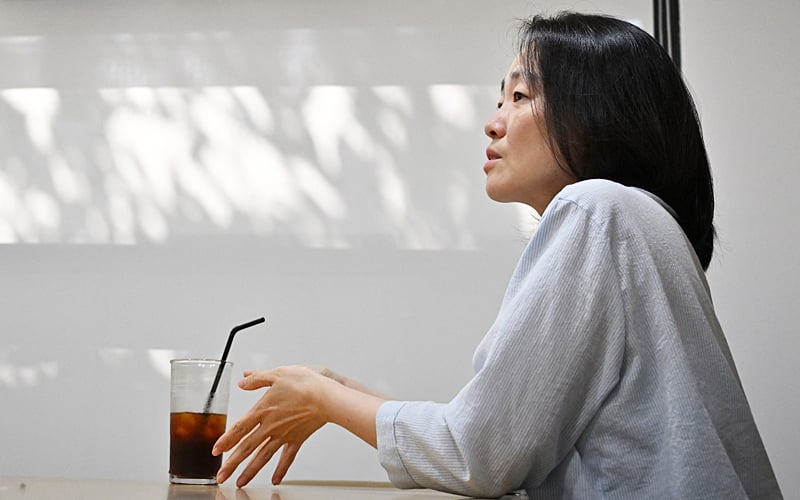

JEONJU: South Korean writer Eun Seo-ran was happily single, until a medical emergency made her want family around to help. But she took an unconventional route: legally adopting her best friend.
The 44-year-old lives far from her biological family, who are not actively involved in her life. She’s not married and, like many people in low birth rate South Korea, she has no children of her own.
But Eun does have a very good friend: Lee Eo-rie. The pair, who are not romantically involved, own property together, live together, share bills and have taken care of each other during illness.
Eun said that when she ended up in hospital, she realised she needed someone who could be there for her, and not just to support her emotionally.
She wanted Lee to be allowed into the hospital as family, and in the worst-case scenario, to be able to organise her funeral without enduring lengthy administrative procedures.
Eun had no way to formalise her bond with her best friend, until she found a legal loophole: adult adoption.
“The family defined by current law is essentially based on sexual union, and those derived from that sexual union – that is, children,” Eun told AFP.
But “I think emotional connections hold the greatest importance,” she said.
“So when I’m with someone and feel utmost emotional stability and peace while thinking about them, I believe that person could indeed be my family.”
Chosen family
With one of the world’s lowest birth rates and plummeting marriage rates, more and more people in South Korea live – and will die – alone.
Single-person households now account for 41% of all households, official figures show – with that set to grow in coming decades.
“South Korea’s narrow legal definition of family is partially responsible,” Hyeyoung Woo, a sociology professor who researches families in South Korea at Portland State University, told AFP.
Same-sex and common law marriages are not recognised in the socially conservative country, and the traditional family unit remains the norm.
The system ends up “reinforcing the traditional forms of family –- heterosexual couple with a breadwinner husband and a stay-in-home wife, which are not reflecting the current demographics in Korea,” Woo added.
Even as there are fewer and fewer weddings – just 3.7 per 1,000 people last year, a record low – people still need connection, and they need them to be legally valid, says lawmaker Yong Hye-in.
“The surge in single-person households means that the number of people living outside marriage and blood ties is increasing,” Yong told AFP.
“We need to solve the problem of increasingly isolated single-person households by expanding their options, not just ‘being alone’ or ‘being married’”.
Yong has proposed a bill aimed at broadening the legal definition of family beyond traditional boundaries.
But it has met fierce opposition from the country’s conservative and Christian bloc, who argue that if passed, it would effectively legalise same-sex marriages.
If enacted, the legislation “will dismantle (South Korea’s) family system and cause significant harm to children,” the Korean Association of Church Communication said in a statement.
Eun says she was born into what South Korea recognises as a “normal”, nuclear family, but she was not happy as a child.
“Having witnessed my mother’s unhappy married life… I harboured some fear that I might end up with a similar fate if I chose to marry,” she told AFP.
“I have chosen and created a new family with whom I currently live,” she said, adding she now felt “at ease”.
Ridiculously easy
Eun says the process to adopt her friend was almost ridiculously easy.
Adoption of a child by an unmarried individual in South Korea requires a process that reviews factors such as age, financial stability and the child-rearing environment. Instances of securing court approval are extremely rare.
But for Eun, adopting another adult had no legal prerequisites other than being older than Lee, getting her mother’s approval and not being her biological child.
Once they had submitted the paperwork – one easy-to-fill-in form – it took around 24 hours to get it approved, she said.
The process was so easy that she said it left her feeling “hollow” in light of the ongoing struggle by activists to get recognition for same-sex and other non-traditional unions.
South Korea should overhaul its outdated legislation and allow more single citizens to create their own chosen families, legally, she said.
“A family constitutes a bond where people, irrespective of their gender or age, place trust in and rely on each other,” she said.
Desain Rumah Kabin
Rumah Kabin Kontena
Harga Rumah Kabin
Kos Rumah Kontena
Rumah Kabin 2 Tingkat
Rumah Kabin Panas
Rumah Kabin Murah
Sewa Rumah Kabin
Heavy Duty Cabin
Light Duty Cabin
Source


